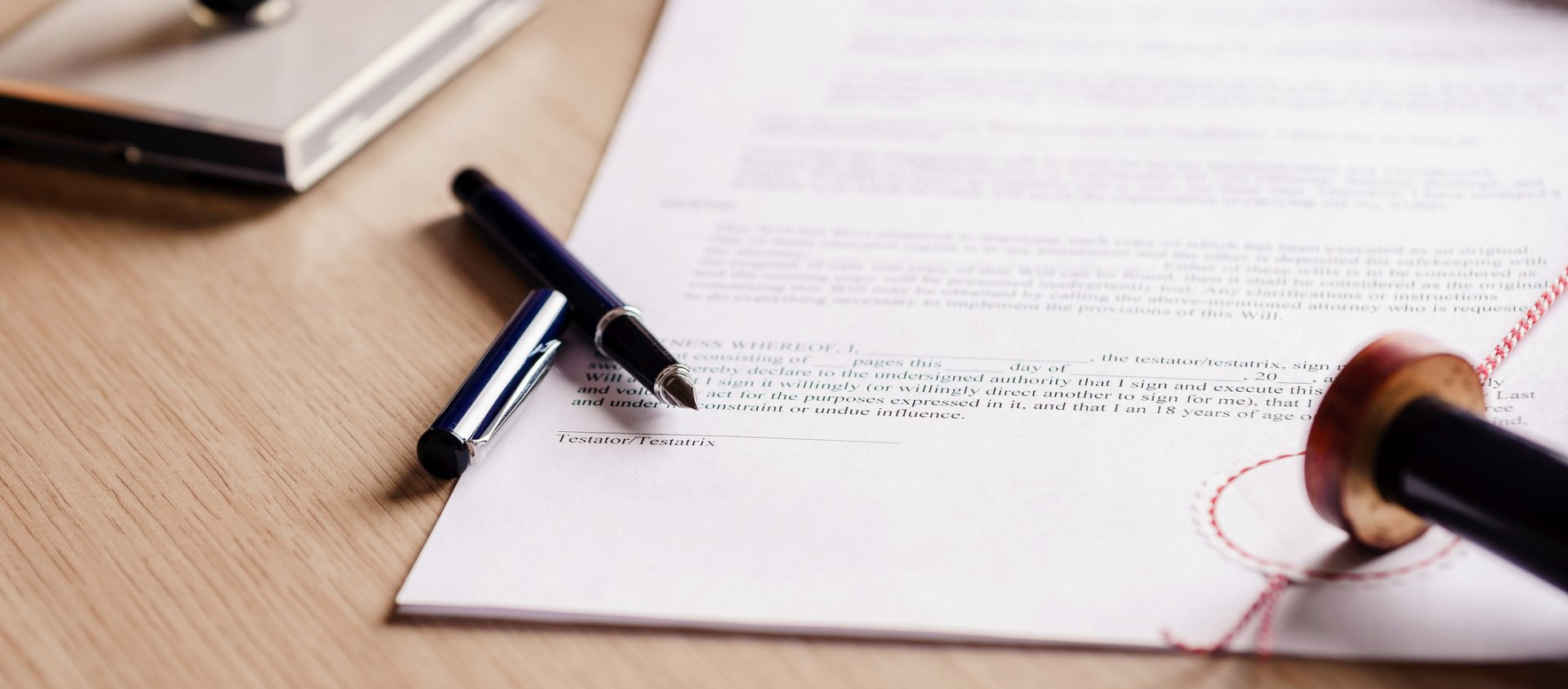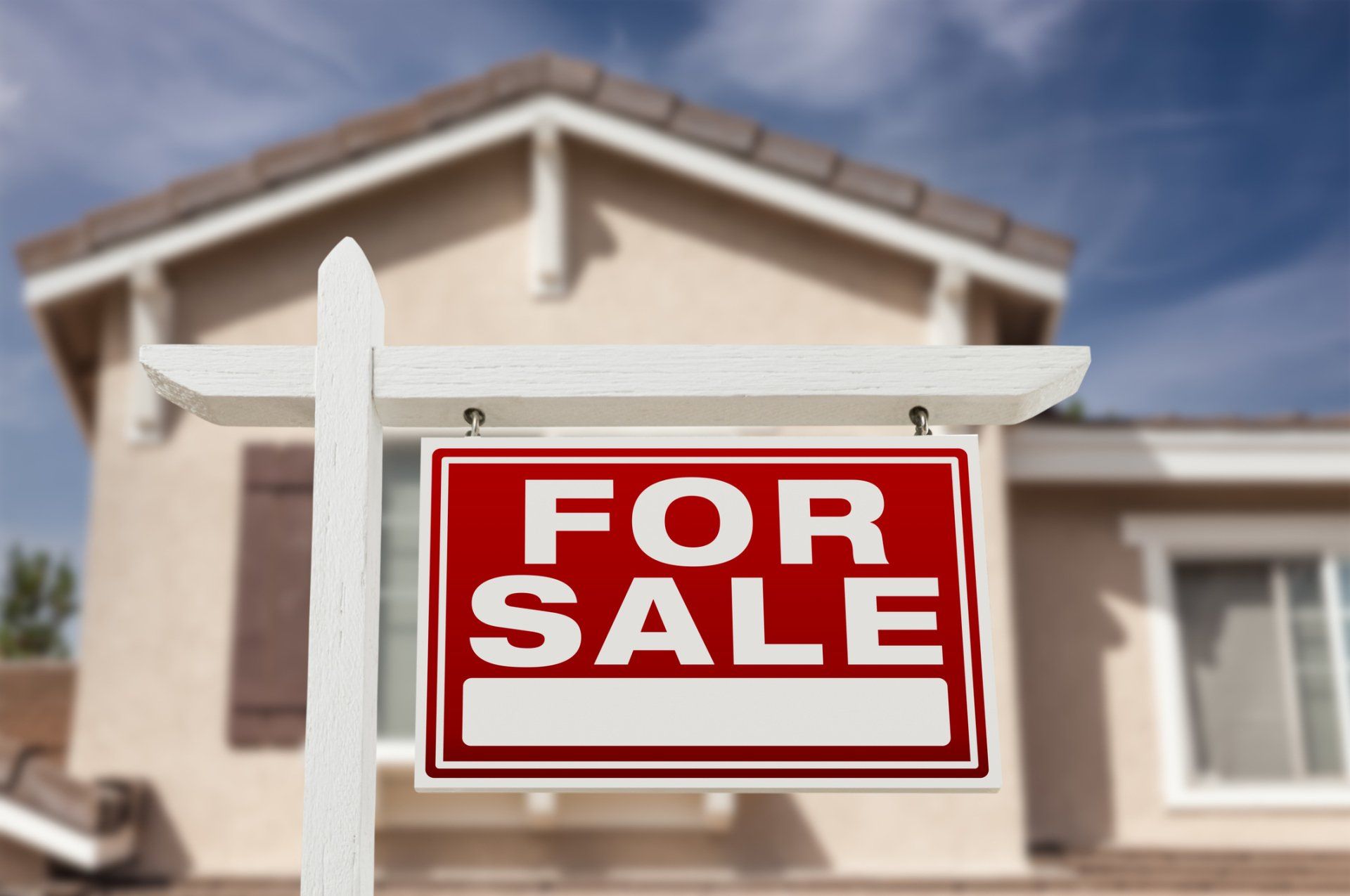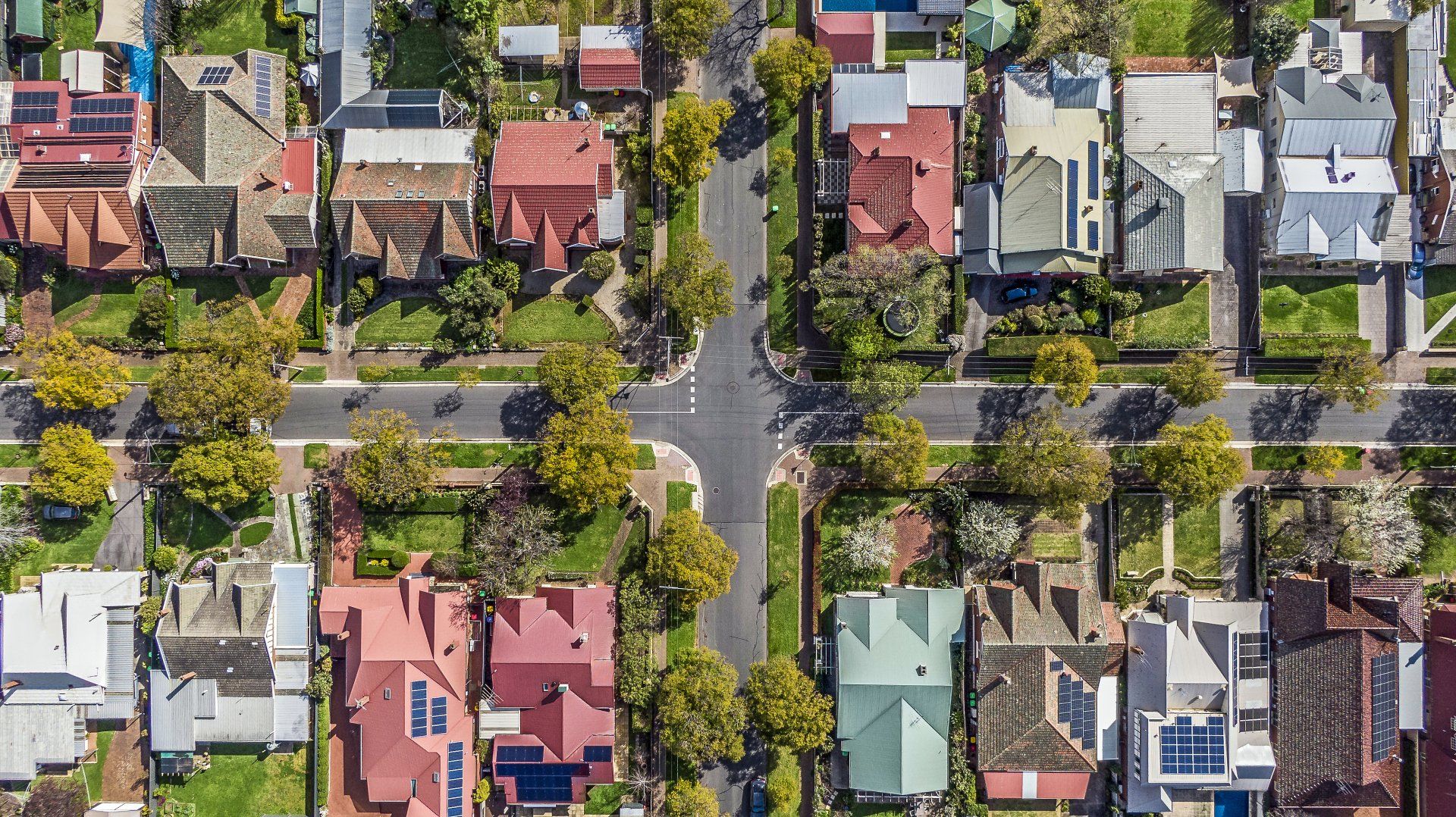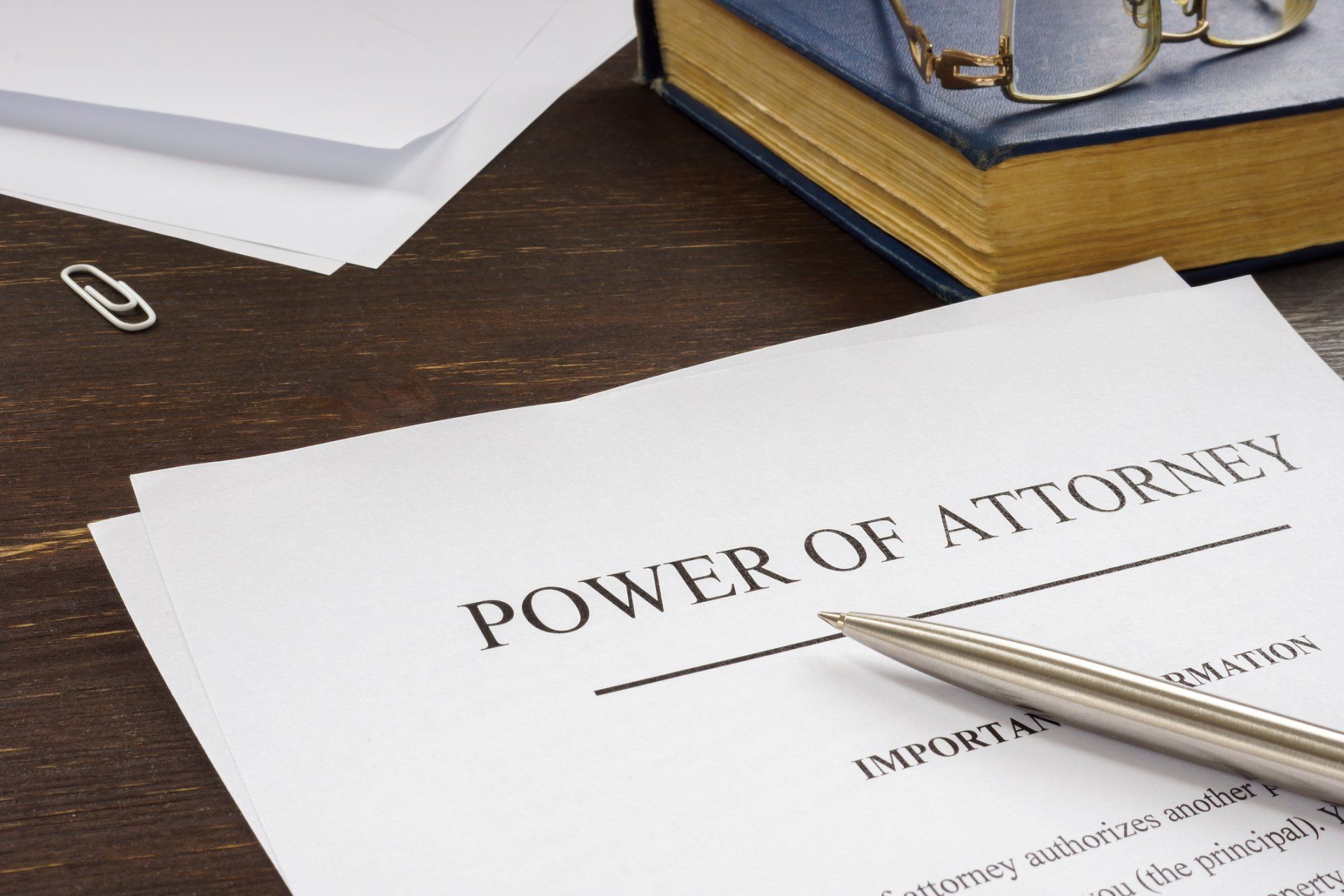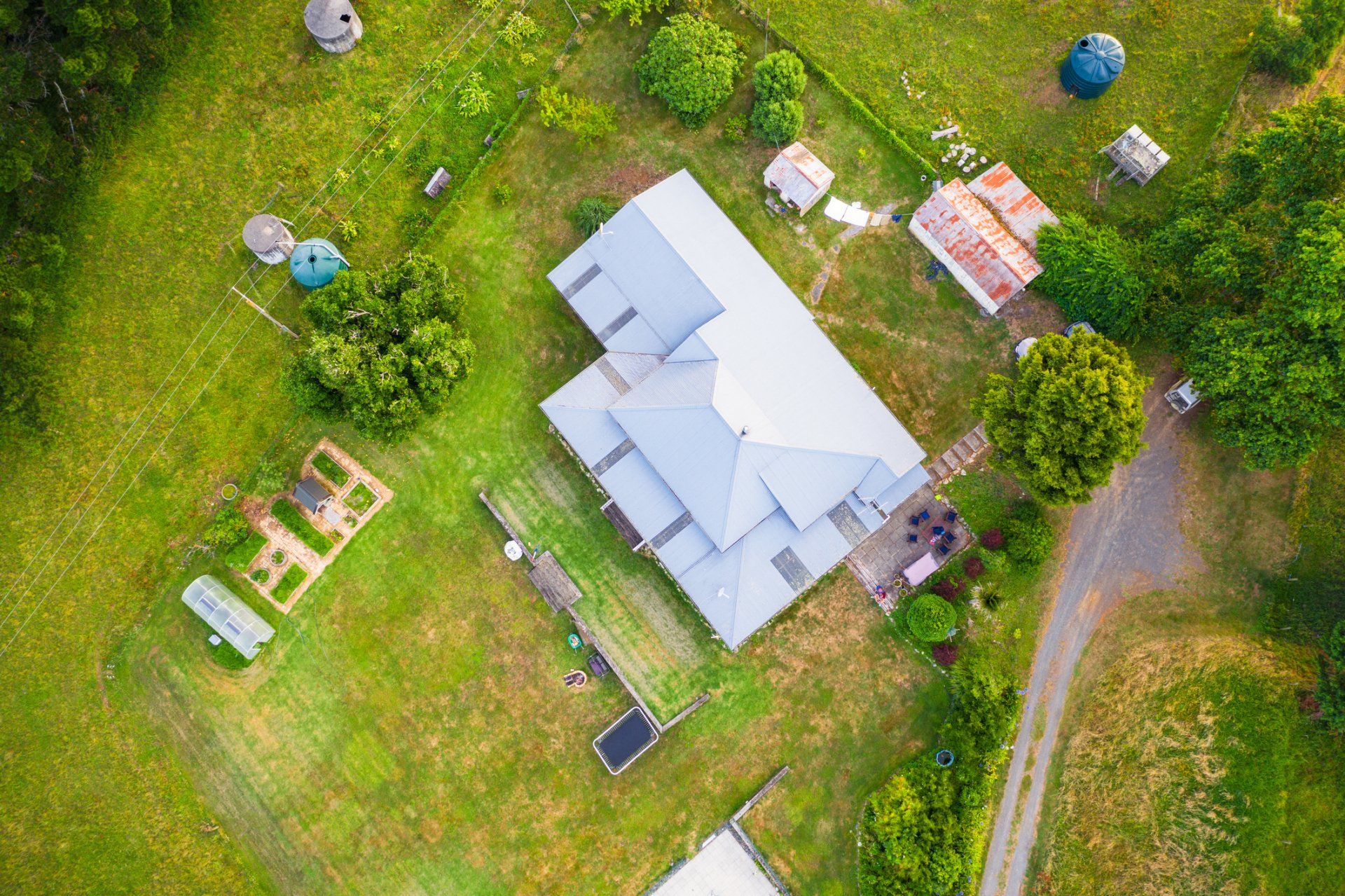Buying a Vacant Residential Block of Land
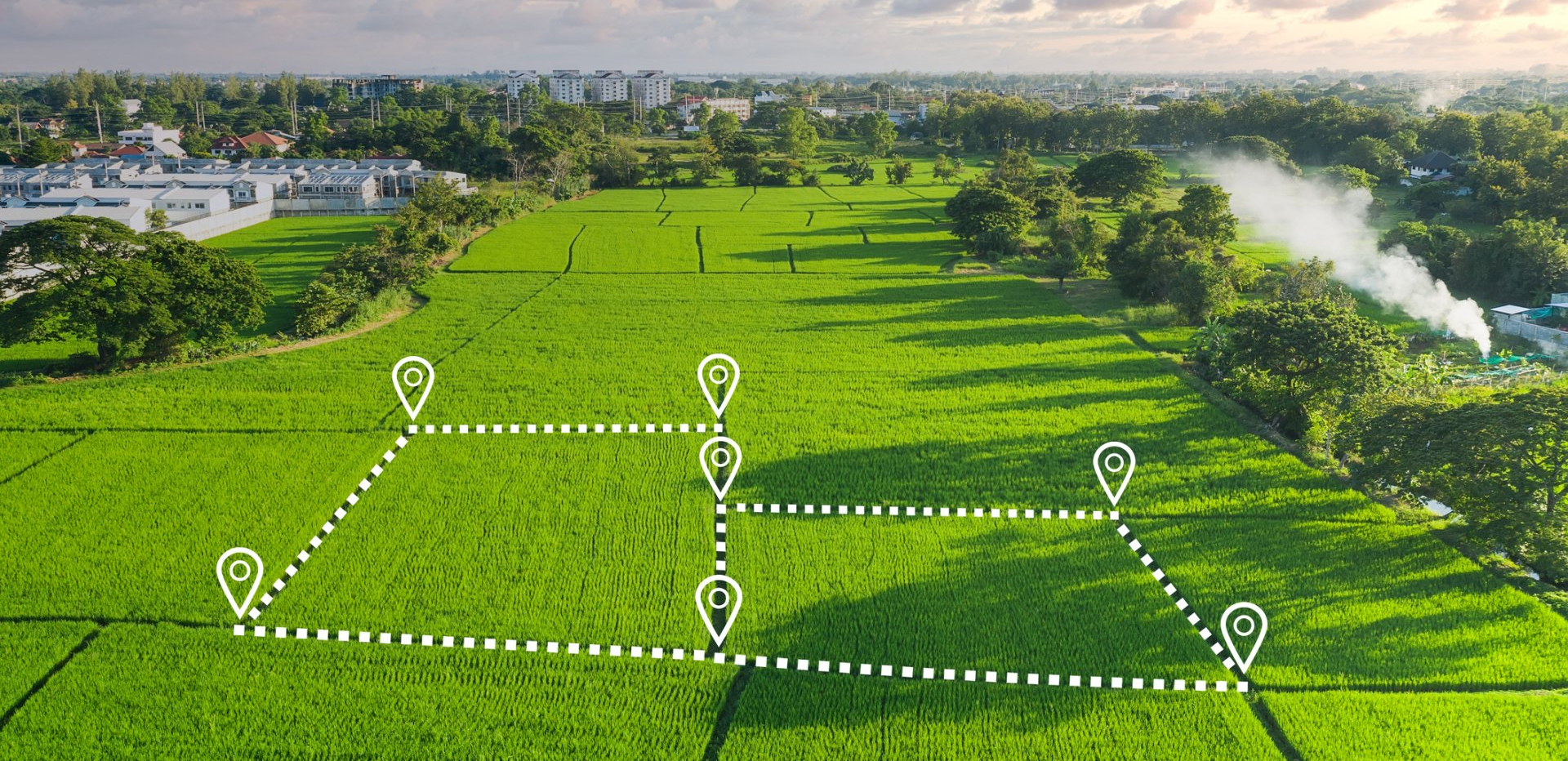
Conveyancing (buying and selling property) is a major part of our firm and our solicitors are very experienced in this area of the law. If you are looking to buy or sell property then contact our office today on (02) 4821 1588 and make an appointment with one of our solicitors.
If you are considering a vacant block of residential land to build a home on then the following is a brief check list of the things you need to consider:
Do I have the finance to purchase and if so do I need to borrow and what is my borrowing capacity?
This needs to be checked with your lender or broker. Firstly, it will depend upon your income and financial commitments as to the level of borrowing and the second step will be once you have located a block, the lender will have the block valued to ensure that it meets the valuation and purchase price guidelines. Generally, a lender will only lend a specified percentage of the value regardless of your earning capacity.
Consider when you are wishing to build
You might need to factor in the cost of the build with the loan approval process and you will need to understand the lender’s requirements about the build costs. They will most often need plans and a quotation from the builder at least as a guide.
In many cases they will not approve the second stage building until a valuer has placed a value on the block of land and the building when completed based on Council approved plans and therefore there is an area of uncertainty before you get the Council approved plans.
Generally, you cannot get Council approved plans unless you are the owner and you have already purchased the block.
You need to have your Solicitor look at the Contract
Why? To make sure that there are not restrictions that would restrict the area upon which you can build and/or that designate the type of building that you build.
Restrictions on the use and sewer mains and/or easements are frequent issues in relation to many blocks in many new subdivisions. They are not usually super restrictive but you need to understand them to make sure what you want to build can be built.
When you find a Block
You then have your solicitor and lender look at the contract and make sure that the above conditions are able to be met and that you can proceed.
- If you are certain of your finance and that you can build what you want to build then you will be asked to sign the Contract and pay a deposit.
- The Contract is then exchanged (the point at which it becomes binding) by your solicitor and then settlement takes place in accordance with the contract (usually 6 weeks or thereabouts).
Purchase subject to registration of a subdivision.
In many cases this is the way in which land is released and there is no problem with this at all other than the fact that you cannot complete the purchase and become the owner until the subdivision is registered. This often means delay between your choosing the block and actually settling and owning the block.
The downside here is that if you want to proceed and build immediately you cannot because you will not be the owner until the plan is registered.
The critical question is how long it will take until the subdivision is registered. This is the question you need to ask the selling agent or the subdivider.
Some subdividers who are very practiced in registering the plans will give you a very clear answer about their plans. Some less practiced subdividers may not be able to give you that assurance.
Most contracts have a sunset clause of 6 months but in many cases that sunset clause (the time by which they must register their plan) is 12 months or even longer. Be aware of this clause and make sure that it fits in with your plans.
Another thing to be aware of is to understand whether the subdivider can extend the sunset date and if so under what circumstances and for how long?



